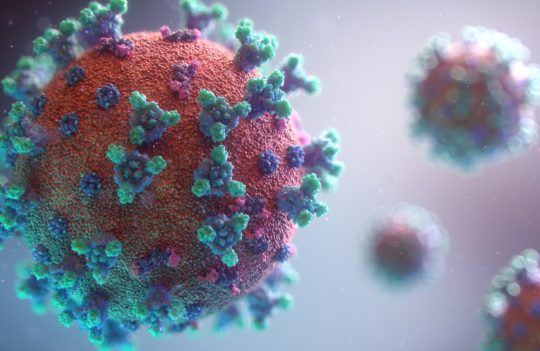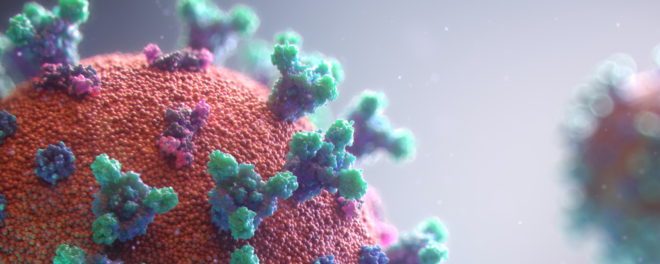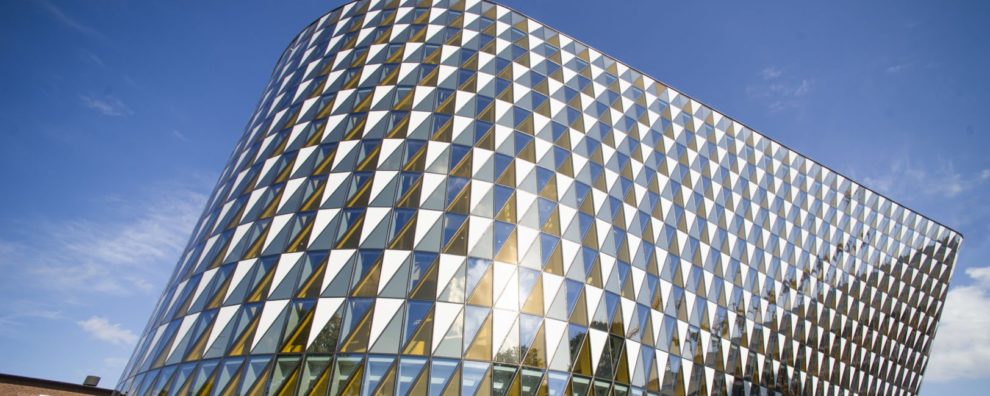 Others
Others
6 leading-edge postgraduate programs that best prepare you for a bright career in biotechnology
Biotechnology is a blooming and diversified field of research and innovation with great potential to drive scientific and technical progress in medicine, environmental preservation, agriculture, and animal husbandry in the coming decades. Getting into this field can be challenging due to the high technical skills it requires. Thus, the beginning of any promising career in biotechnology starts by choosing the best possible postgraduate programs.
The accelerated growth of the biotechnology market has been propelled by the discovery and optimization of DNA-based technologies. And as sequencing and other molecular biology techniques became more affordable, so did the development of biopharmaceuticals (e.g. therapeutic antibodies), drug delivery systems (e.g. antibody-drug conjugates), diagnosis techniques, and tools for environmental and food monitoring (e.g. ELISA).
Globally, the biotechnology market is projected to surpass USD 775 billion by 2024, according to a new research report by Global Market Insights, Inc. Moreover, the rising number of cancer-diagnosed patients in Asian and western countries will continue to push the growth of in-vitro diagnostic services. A market that often employs biotechnological tools and has already exceeded USD 44.0 billion in 2017 alone.
The industrial growth of this sector will also be heavily intertwined with the development of biotech-oriented educational programs around the world. Thus, it is of paramount importance to understand which educational programs provide the most comprehensive and cutting-edge training in this field.
To help you decide which programs best fit your career goals, we have prepared a list of the most comprehensive programs offered around the world. Most of these programs are taught in English, however, the Institutions that offer the degree in the country’s native language, also provide extensive language courses to help you stay on track.
Karolinska Institute
Program: MSc Bioentrepreneurship
Main courses: market analysis, industrial management, product development in life sciences, marketing and sales, business development, communication
Further information: https://education.ki.se/programme/4bp20-masters-programme-in-bioentrepreneurship
Location: Stockholm, Sweden
Mode: On-campus and full time
Language: English
Duration and credits: 24 months (120 ECTS)
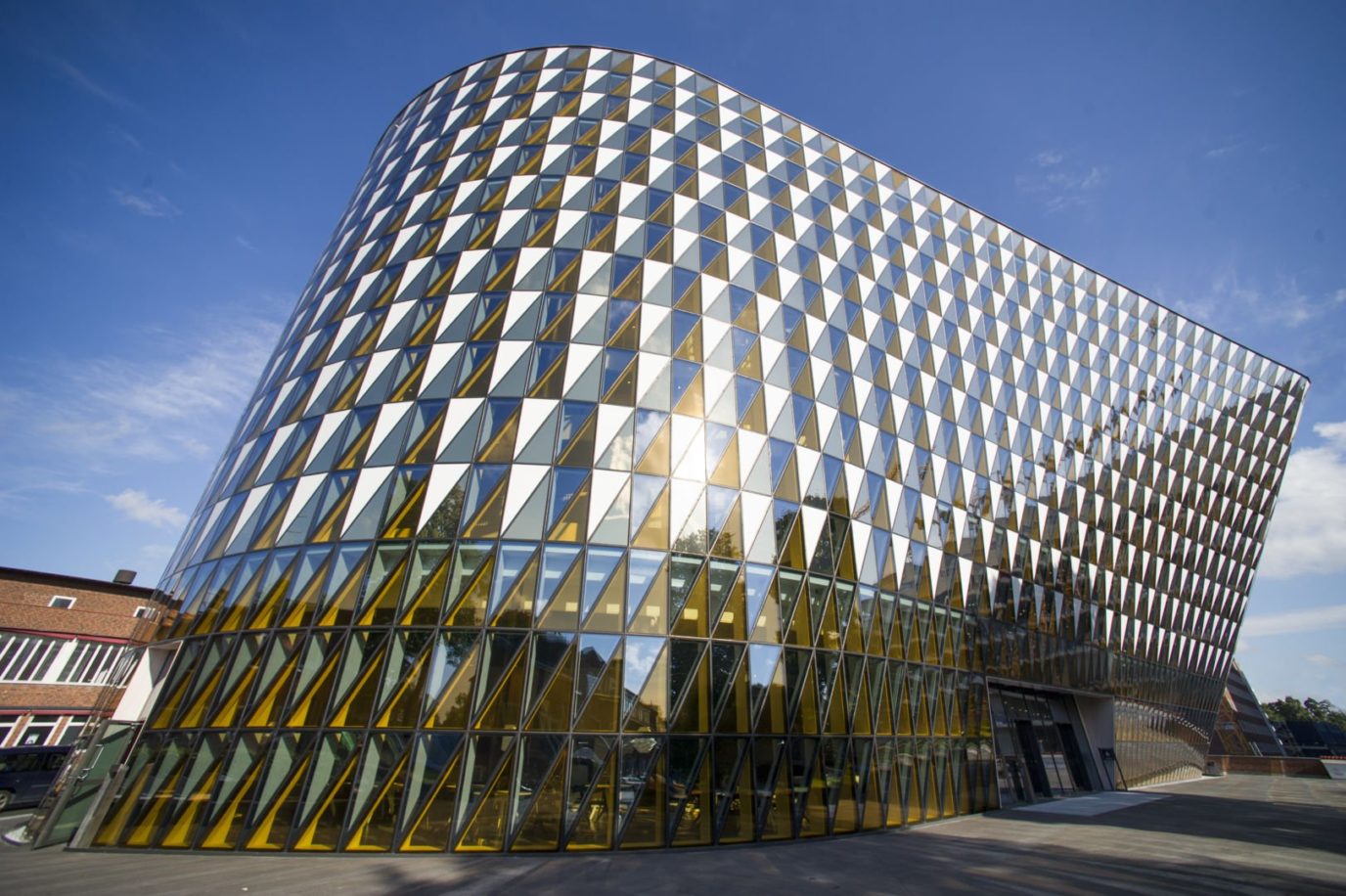
Description: Karolinska Institutet, one of the world’s most recognized medical universities and home to several Nobel Laureates, offers a coupled life science and business-oriented program on Bioentrepreneurship. This unique program emerges from the will to bring translational research to the market in drug development, biotechnology, diagnostics and medical technology (including digital health) with the focus on improving human health.
The program is tailored to students with strong backgrounds in biomedicine, pharmaceutics, biotechnology, healthcare or medicine. And it helps them mature from individuals with valuable technical skills into professionals able to understand both the underlying science as well as the business model and needs of a company.
Founded more than 10 years ago, the program has greatly evolved since its conception. But its core mission continues to be providing the best practical training to its students. The program does that by integrating three mandatory internships at different companies both in Sweden and abroad. Moreover, according to Dr. Madelen Lek, the Program Director, from next fall onward, the program will reinforce this objective by adding more courses on communication, marketing, and sales. These courses will serve as an important complement to other courses focused on market analysis and product development which have a solid focus on user-centered design methods.
Dr. Lek also told us how the program is dealing with the fast-paced technological progress: “We continuously invite companies to be part of the program as lecturers, by accepting study visits and, of course, taking in our students in for internships. That way, we keep the program up to date with the latest developments in the field.”
Graduate students successfully secure a career in biotechnology, pharma, consulting, and MedTech. Many also obtain positions in the marketing, product development or business development aspects of life sciences. And, more importantly, adds Dr. Lek: “Almost all students start working in positions related to their training within six months after their graduation.”
University of Porto
Program: MSc Bioengineering
Specialization: biomedical engineering
Main courses: biomedical instrumentation, bioinformatics, computer modeling and programming, bionics, medical robotics.
Specialization: biological engineering
Main courses: biochemical processes (pharmaceutical, food and cosmetics) and environmental health (treatment of contaminated wastes)
Specialization: molecular biotechnology
Main courses: drug and diagnostics systems development
Further information: https://sigarra.up.pt/feup/en/cur_geral.cur_view?pv_curso_id=728
Location: Porto, Portugal
Mode: On-campus and full time
Language: Portuguese and English
Duration and credits: 24 months (120 ECTS)
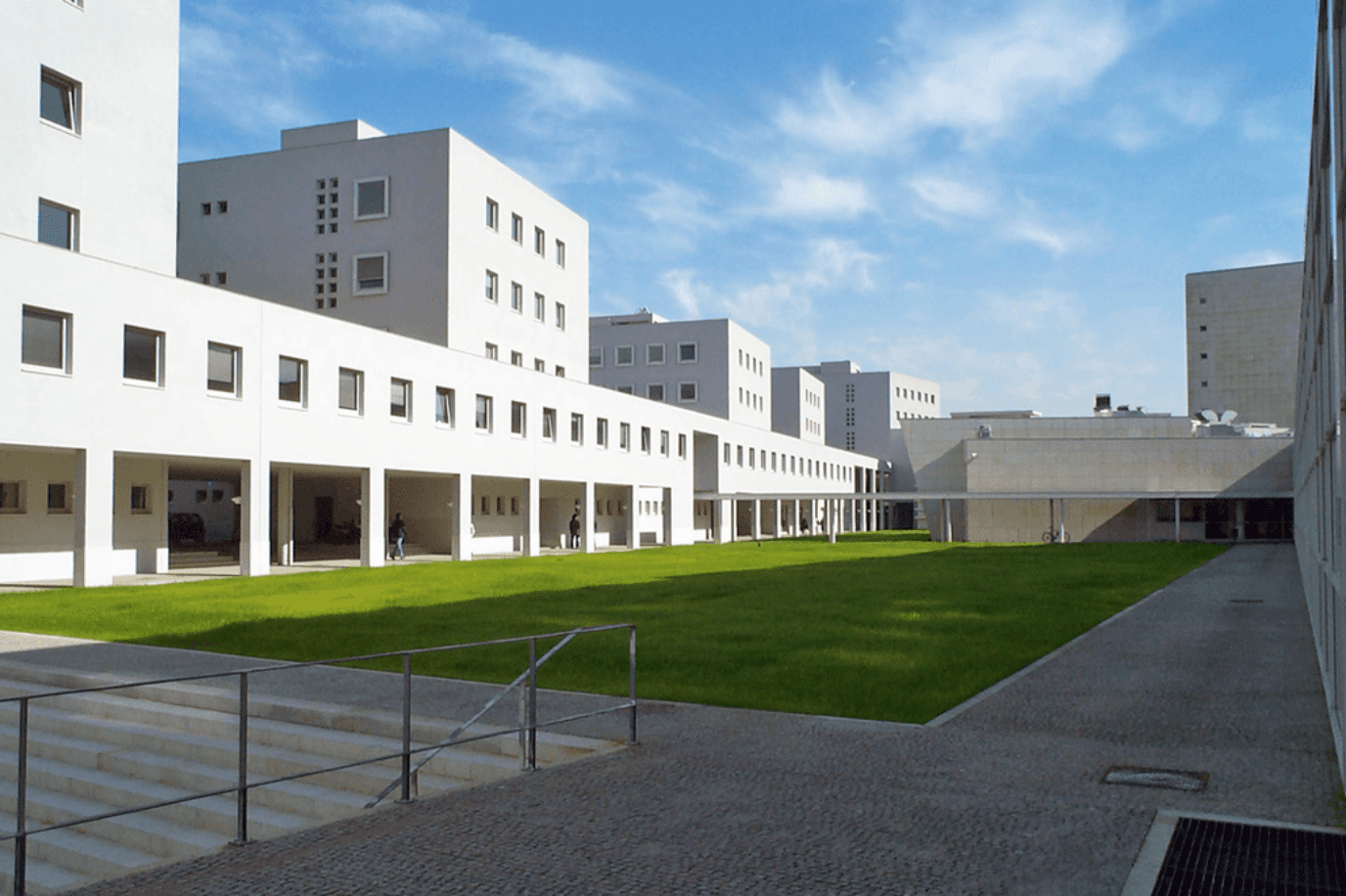
Description: This Master Degree was born from a partnership established between the Faculty of Engineering (FEUP) and the Institute of Biomedical Sciences of Abel Salazar (ICBAS). The former with a long-standing tradition of forming engineers across multiple areas of knowledge and the latter with a long-standing reputation for multidisciplinary research within the medical field.
All the three different specialization branches provide highly technical and specific hands-on knowledge on the different focus fields of biotechnology. The choice between one of the three branches also allows students to tailor their portfolio of skills to their unique career goals.
The program is taught and guided by engineering-oriented faculty members, with extensive collaboration with national and international companies. Moreover, the campus is located within an innovative cluster consisting of several research institutions (INESC TEC, INEGI, I3S), hospitals and science and technology parks (UPTEC) home to multiple biotech startups. This proximity to the industry and hospitals fosters a collaborative and dynamic environment between academia and industry and enriches the training given to the future professionals of the field.
After graduation, some students choose to continue their studies as doctoral candidates, but most of them start a career in biotechnology or medical technology in companies from all around the globe. Many of the graduates are now working in process engineering and optimization and product development for life science-oriented industries.
University of São Paulo
Program: Interinstitutional Postgraduate Program in Biotechnology (PPIB)
Main courses: Biochemical Engineering, Economy of Biotechnological Projects, Mammalian Cell Cultures for the Generation of Biopharmaceuticals, Biopolymers, Microbial Biotechnology, Yeast Biology, Project Management, and Vaccine Development, Entrepreneurship, Innovation, and Intellectual Property, Biosafety, Microbial Recombinant Production, Microbial Metabolism, Enzymology
Optional courses: Marine Fungi – Diversity and Biotechnological Interest, Biochemistry and Plant Biotechnology
Further information: https://sites.usp.br/biotecnologia/
Location: São Paulo, Brazil
Mode: On-campus and full time
Language: Portuguese
Duration: 12 months
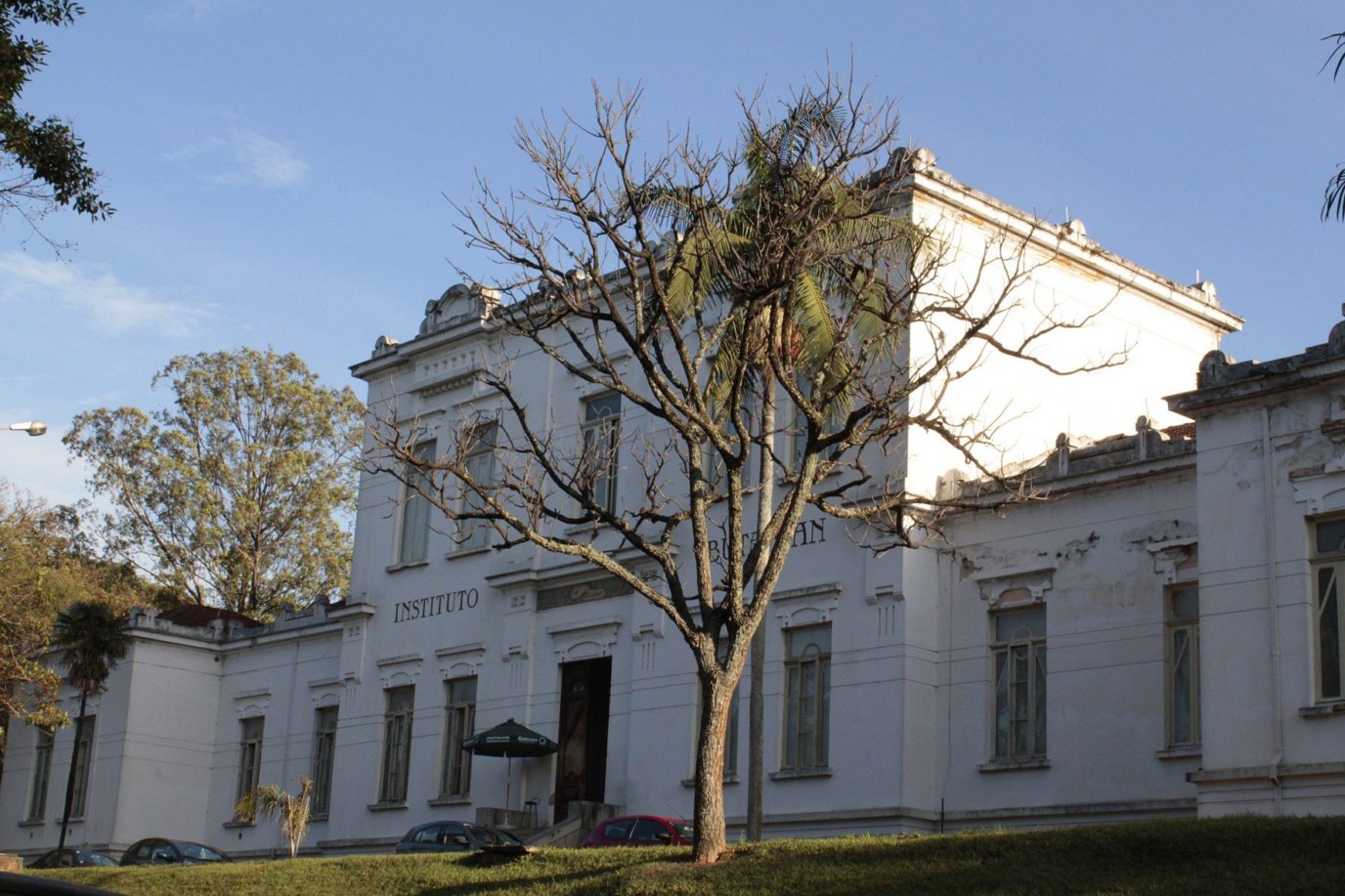
Description: The Postgraduate program in Biotechnology, or PPIB, results from a joint effort of three renowned Institutions:
- Four units from the University of São Paulo – Polytechnic School (EP), Faculty of Veterinary Medicine and Zootechnics (FMVZ), Institute of Biosciences (IB) and Institute of Biomedical Sciences (ICB)
- Institute Butantan (IBu) from the São Paulo Municipal Health Department
- Institute of Technological Research of the State of Sao Paulo (IPT) from the São Paulo Department of Economic Development
The collaboration between these Institutions resides at the heart of this program as one of its core strengths, acknowledges its Director, Prof. José Gregório Gomez.
Since the very beginning of the program, students are immersed in a collaborative and multidisciplinary environment. This translates into unique opportunities to participate in inter-institutional Research & Development cooperation projects. More importantly, many of these projects have a high impact on the development of government policies in the areas of Health (IBu) and Industry (IPT), which puts students at the heart of the decision-making process in the country.
Presently, the program offers the possibility to participate in one of 43 different research projects, these projects divide themselves into 5 different lines of research:
- Animal and Plant Production
- Product Development for Diagnostics and Therapy in Human and Animal Health
- Sustainable Development, Bioremediation and Environmental Sanitation
- Development of Biotechnological Processes
- Functional Genomics and Proteomics in Animals and Plants
After graduation, students continue developing their careers in Academia (as post-doctoral researchers, Professors in different Universities or Main researchers in scientific Institutes) or in the Biotechnological Industry (biopharmaceutics, veterinary products, petrochemical industry in the area of biorenewables). Moreover, some students also go on to create their startups in different forefront areas of Biotechnology.
The PPIB is training students with skills to support promising careers in any area that they chose.
“Biotechnology,” says Prof. Gomez, “not only requires experts with training in different areas of knowledge, but also professionals with strong team working skills who are able of inter-connecting different areas of knowledge. These are the professionals we aim at training in the PPIB.”
Prof. Gomez and his colleagues are also working towards a stronger partnership with the biotechnology industry. This partnership will translate into more collaborative R&D projects in both established industries and startups. As well as in changes in the program’s curriculum to include more courses in economy, innovation, and business management. “These changes will strengthen the ability of our students to make important contributions to the market of biotechnology,” says Prof. Gomez.
KTH Royal Institute of Technology
Program: MSc Medical Biotechnology
Specialization: Medical applications of biotechnology or omics
Main courses: bioinformatics, statistical analysis of raw data and interpretation of results
Further information: https://www.kth.se/en/studies/master/medicalbio/description-1.49644
Program: MSc Industrial and Environmental Biotechnology
Specialization: cell-based process biotechnology, enzyme biotechnology or environmental biotechnology
Main subjects: experimental design, production, output analysis, and life cycle assessment
Further information: https://www.kth.se/en/studies/master/industrialbio/description-1.48682
Location: Stockholm, Sweden
Mode: On-campus and full time
Language: English
Duration and credits: 24 months (120 ECTS)
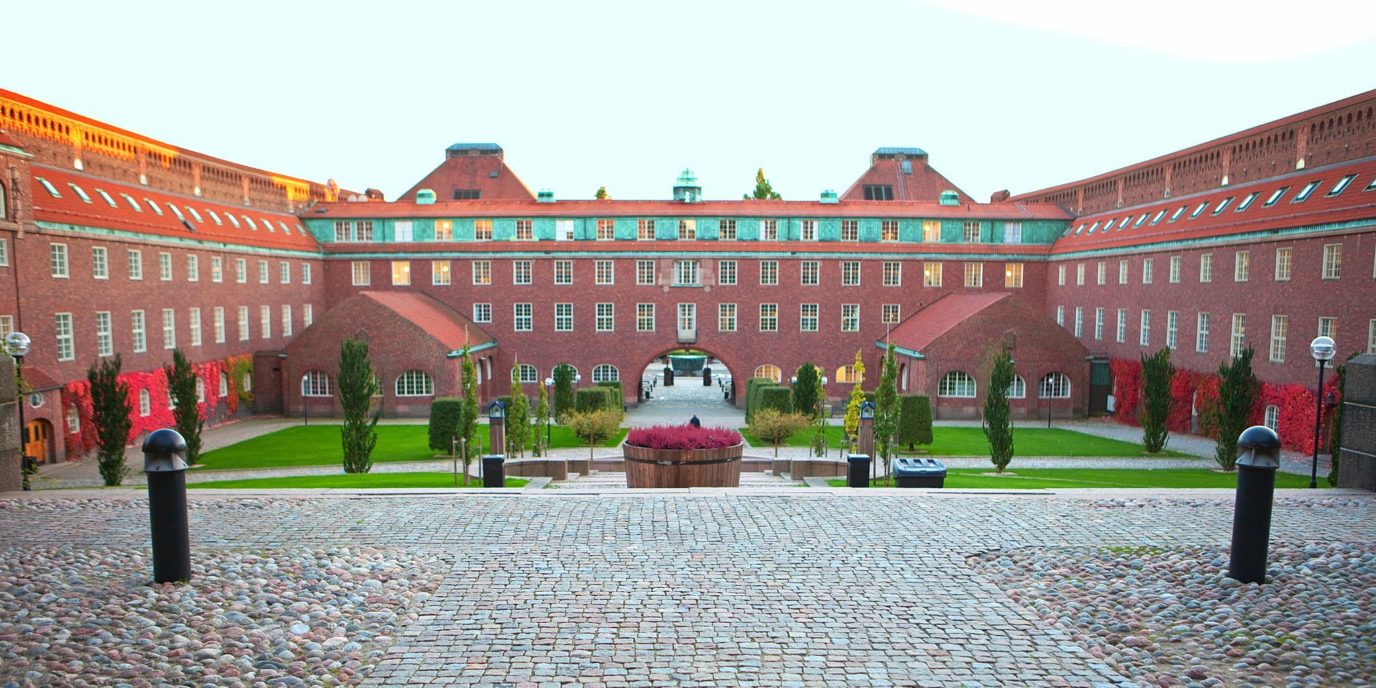
Description: Located at the heart of the vibrant capital of Sweden and home of the Nobel Prize, KTH Royal Institute of Technology has developed two Master programs rooted in key areas of Biotechnology.
KTH is well reputed for its technical and engineering-oriented approach flourishing in an international and dynamic environment. Thus, both their programs focus on providing practical knowledge that spans across different career paths including translational research in industrial and academic contexts and non-traditional career opportunities, such as science writing, consultancy or patent analysis.
The two-year programs offered at the KTH have different focus but they are both rooted in a single core principle: sustainability. For Friederike Gutmann, a graduate from the Master’s Degree in Industrial and Environmental Biotechnology, this concern gives the program a unique approach to environmental preservation by training the students to both use and develop green cutting-edge technologies.
Within each program, students also have the opportunity to further tailor their education to their unique career goals. Hence, they can either select a specific branch or they can choose to mix subjects from different branches to create a portfolio with a unique combination of different skills.
Uppsala University
Program: MSc Applied Biotechnology
Main courses: Trends in molecular biology and biotechnology, Structure and function of macromolecules, Synthetic biology, Immune technology, Innovation management and entrepreneurship, Biotechnology Project, Master Degree Project
Optional courses: Protein engineering, Protein Biotechnology, Toxicology, Genetic and molecular plant science, Biosensors and nanobiotechnology, Microbiology, Bioinformatics
Further information: https://www.uu.se/en/admissions/master/selma/program/?pKod=TTB2M&pInr=&lasar=19%2F20
Location: Uppsala, Sweden
Mode: On-campus and full time
Language: English
Duration and credits: 24 months (120 ECTS)
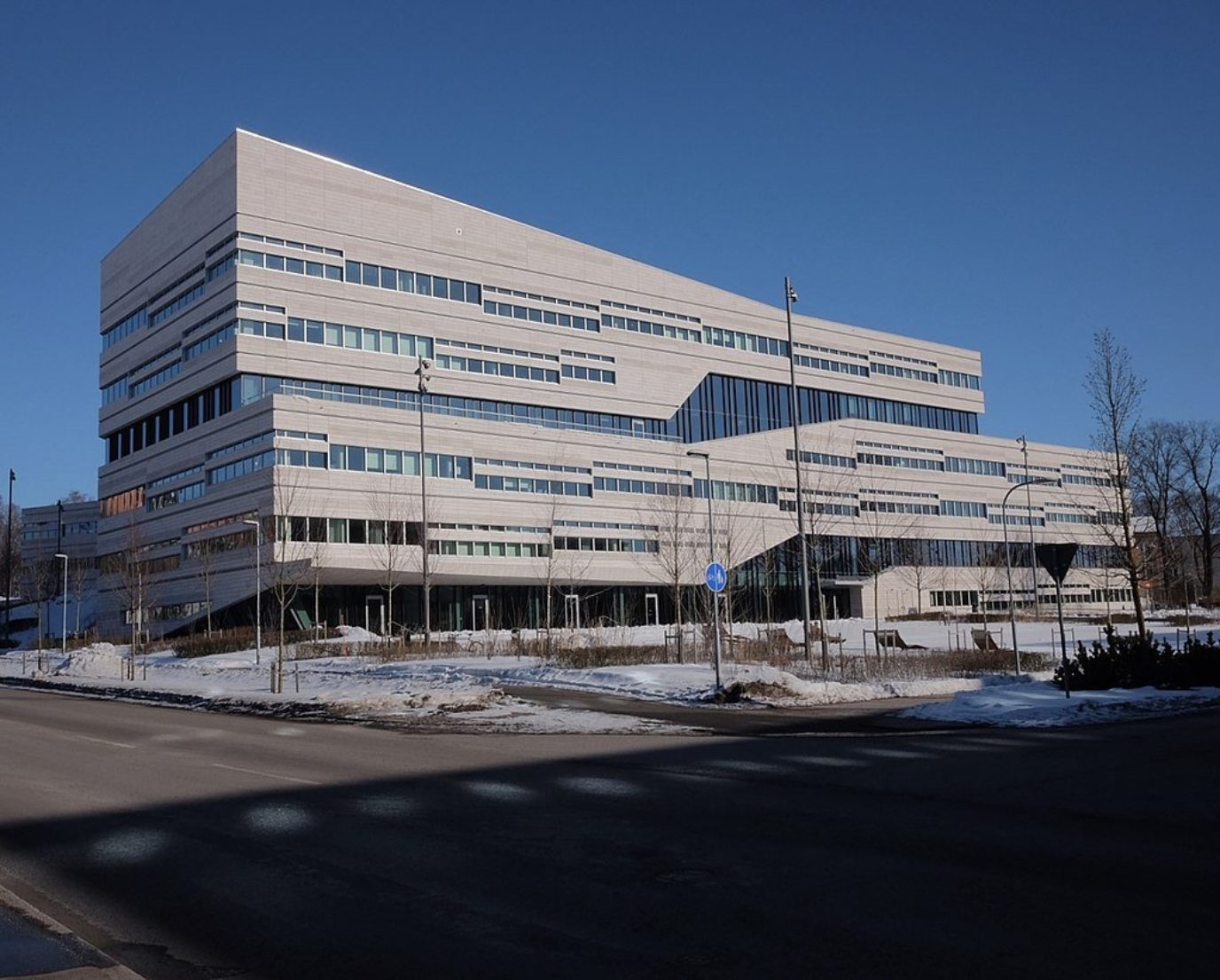
Description: The Master in Applied Biotechnology offered by the prestigious Uppsala University (Sweden) offers a balanced training in biotechnology and entrepreneurship. According to the program coordinator, Prof. Suparna Sanyal, the program prepares students for a career in biotechnology by providing theoretical and hands-on training in cutting-edge techniques of molecular biology and biotechnology, as well as, training in project management and intellectual property right. At the same time, the stress on the fundamental structure-function relationships in biological systems also prepares the students for academic careers if they wish to.
The multidisciplinary nature of this program aims at fostering independent thinking and a sense of autonomy in its students. At the same time, the students get trained in communication, presentation, group activity and ethical aspects of biotechnology.
Finally, the program excels for its flexible structure. During the first year, students acquire general skills in molecular biology, structure biology, immune technology, synthetic biology, project management, and entrepreneurship. But, in the second year, students can tailor the program to their own career goals by choosing between specialized courses in protein engineering, toxicology, plant molecular biology, biosensors, bioinformatics analysis, among others.
Uppsala University is located within one of the most important European Biotechnology clusters. Its location creates a dynamic collaborative environment between researchers in academic and industrial settings. Most students successfully secure a position in the biotech industry both as sales executives or as researchers in the R&D department of multinational industries. Some students continue in academia as the PhD students. Moreover, some of its students have successfully managed into the development of their business ventures. The University also offers guidance, counseling, and support to their graduates and helps them plan the next steps of their careers.
Delft University of Technology
Program: MSc Life Science & Technology
Specialization: biocatalysis
Main courses: biocatalysis, advanced enzymology, protein engineering, green chemistry, and sustainable technology
Specialization: cell factories
Main courses: fermentation technology and environmental biotechnology, transport and separation, numerical methods, modeling and simulation techniques
Specialization: biochemical engineering
Main courses: metabolic reprogramming, molecular biotechnology and genomics, microbial community engineering
Further information: https://www.tudelft.nl/en/education/programmes/masters/life-science-technology/msc-life-science-technology/
Location: Delft, The Netherlands
Mode: On-campus and full time
Language: English
Duration and credits: 24 months (120 ECTS)
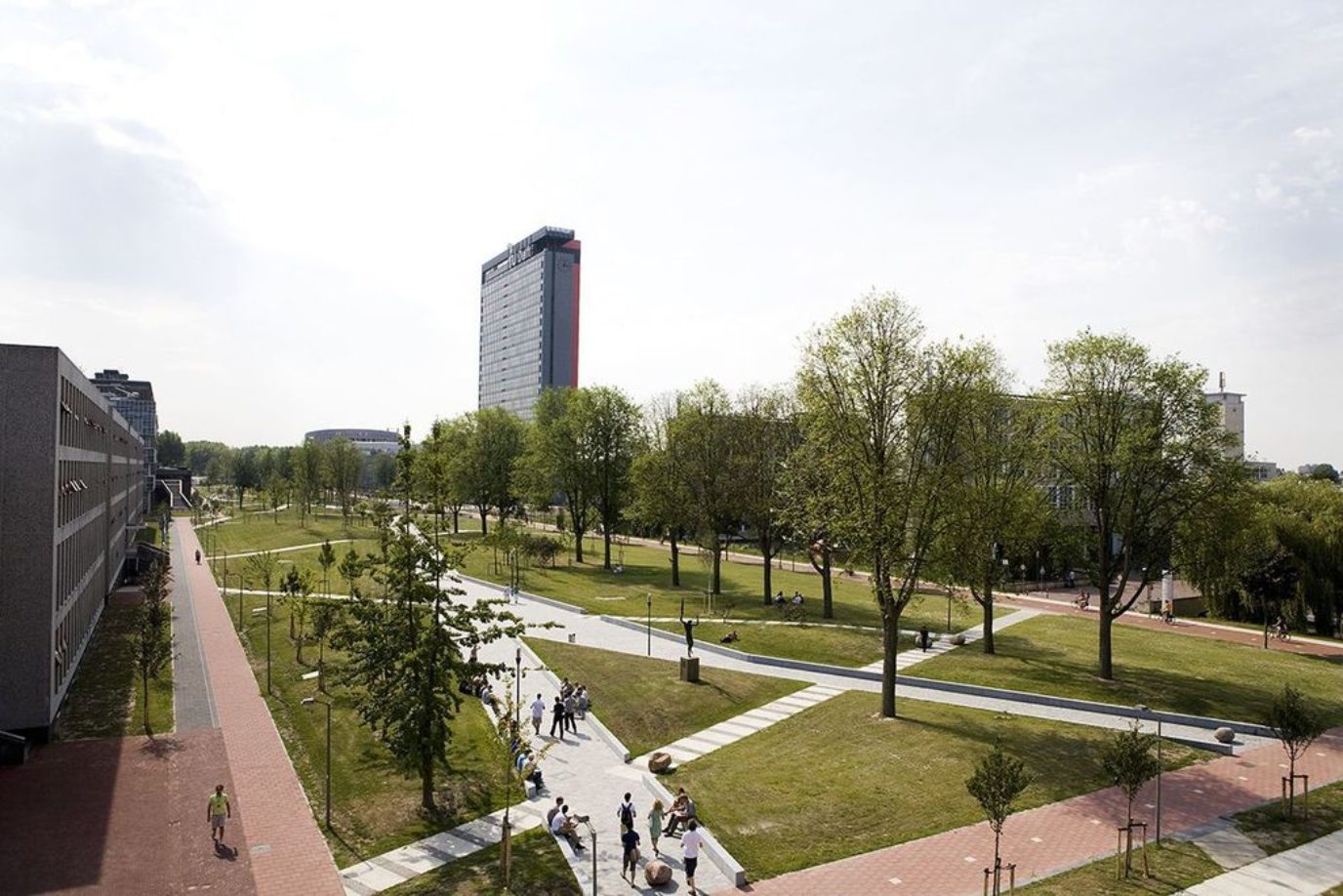
Description: TU Delft is one of the largest and most ancient technical universities in The Netherlands. Delft has grown to accommodate its many students and today it brims with social activities both inside and outside the campus. The robust master program offered by this university is designed to help students with a strong background in life sciences translating their scientific and technical knowledge into its practical application.
The first year of this program is divided into core practical and specialization subjects. Initially, students gain relevant knowledge in the analysis of metabolic networks, algorithms, and programming and they are trained in bioprocess integration. Later, students focus on one of three specialization courses.
The second year is focused on the practical application. Thus, it is reserved to internships and research for the master thesis. Interestingly, the students may also choose to orient their life science training to non-scientific fields that have a great need for highly specialized professionals such as communication, management, and sustainability. In these cases, students are free to tailor the structure of the program to their specific and unique career goals.
Delft is also home to the Biotech campus, a biotech incubator, open to innovative business ideas that enable the translation of practical research into products focused on human health, agriculture and environmental preservation. This proximity to innovative industries fosters a collaborative and dynamic spirit in its students. The vast majority of the graduates go out to obtain careers in biotech industries or they continue their academic training as doctoral candidates around the globe.
Concluding remarks
Whether you seek training in biotechnology to follow a career inside or outside academia, these Master’s programs were carefully designed and planned to give you the best possible tools and skills that will allow you to build a successful professional career in biotechnology.
Cell-based processes and biomolecules will continue to push the boundaries of medical, industrial and environmental applications in the coming decades. Thus, the need for professionals with multidisciplinary training instilled with critical and independent thinking will be more important than ever.
This fast-paced and dynamic industry not only has grown to value professionals with multidisciplinary technical skills but also individuals with a deep understanding of communication, marketing, branding, and business development. These tasks as increasingly important in our globalized world and mastering them will certainly help you build a more dynamic career in biotechnology.
- Biotechnology Market will expand at 9.9% CAGR to hit $775 Billion by 2024: Global Market Insights, Inc. Summary available from https://www.globenewswire.com/news-release/2019/01/23/1703968/0/en/Biotechnology-Market-will-expand-at-9-9-CAGR-to-hit-775-Billion-by-2024-Global-Market-Insights-Inc.html
- Ugalmugale, S. In-vitro Diagnostic Services Market Size By Service Type, Testing Services, By End-user, Industry Analysis Report, Regional Outlook, Application Potential, Competitive Market Share & Forecast, 2018 – 2024. Global Market Insights, Inc. Summary available from https://www.gminsights.com/industry-analysis/in-vitro-diagnostic-services-market
